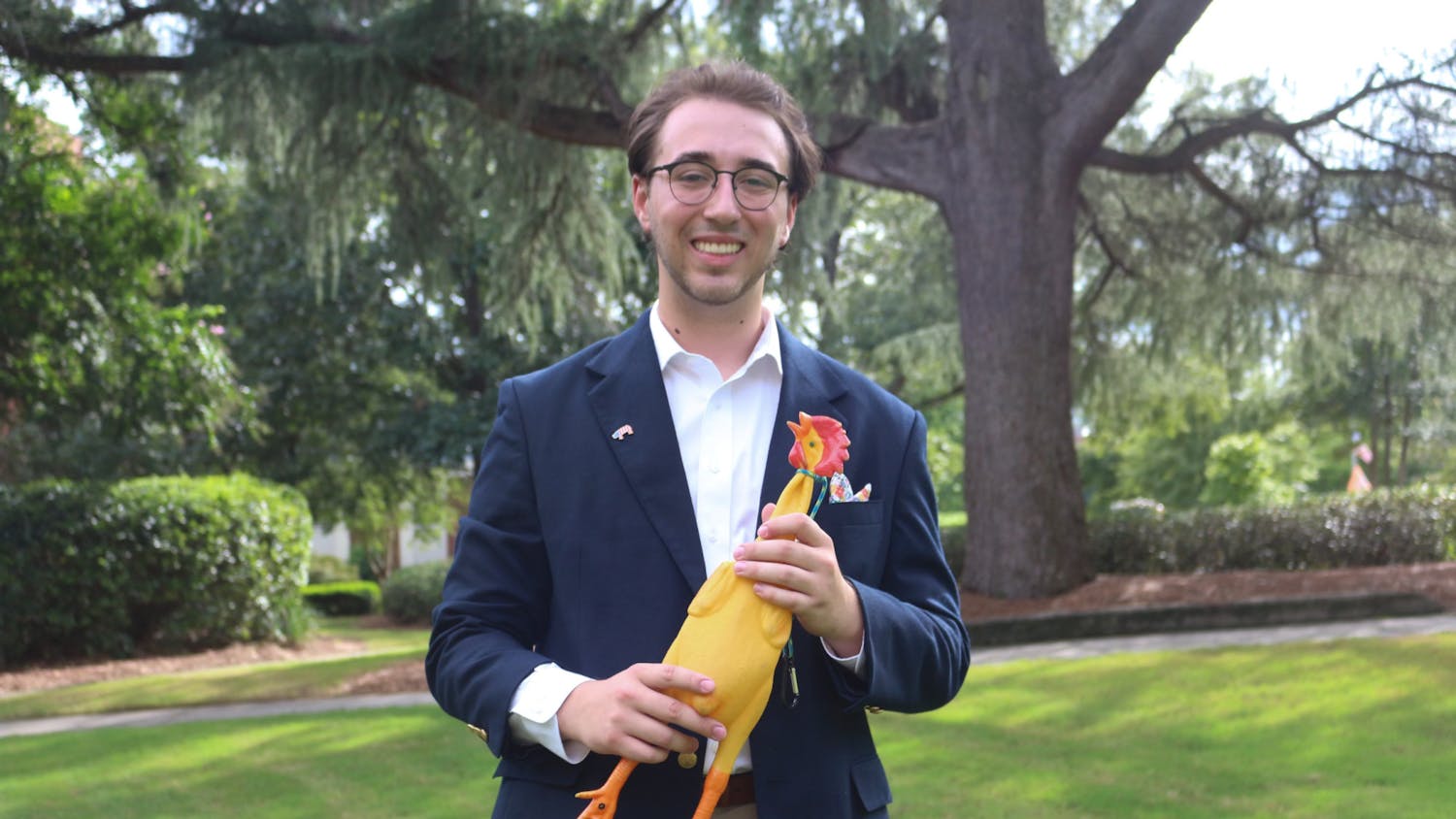Are you majoring in biology? Do you love helping people? Are your parents immigrants? If so, you’re probably at this school to become a doctor.
Becoming a doctor seems like every parent’s dream for their child. It sure was my Nigerian mother’s dream. Why would she leave her home country to give a better life to her children, spend so much on me to come to this private school only for me to not go to medical school? Might as well...am I right?
Of course, I’m not.
From a young age, I realized that even though I liked to help people, becoming a doctor is not the best route to take. And here’s why:
-
Doctors are (sometimes) unhealthy
If you’re on the pre-med track, you’re probably going through hell and back studying for test after test after test, some of which have material you won’t even need in medical school (sorry, photosynthesis). And then after you get accepted into medical school, you get placed into the fire again, with probably the same or even less sleep.
Then you have to go through residency, which is a bit of an upgrade since you’re finally getting paid for all the labor you’ve been doing, but at 100 hours a week. After medical school, you would think it gets better, and it does. At least you’re getting paid to work 59 hours a week.
-
Doctors don’t have much freedom
I watched a documentary in my public health class discussing what doctors endure. One doctor left her hospital because she was not able to meet enough patients (one patient for 15 minutes every day).
The medical and healthcare sector of America is a sticky place. Why is it that we have all this fancy technology and expensive healthcare system, but our citizens are not living any longer than our other first-world counterparts?
According to the World Bank, one of the longest-living people are the Japanese with a 83.84 life expectancy. Their healthcare cost per person is $3,703. The United States has a life expectancy of 78.4. Our healthcare cost per person is $9,403 (2014).
With the astronomically insane prices of medical care costs that prevent families from getting the treatment they deserve, there has got to be some part in the doctor’s job description that battles this health disparity.
There isn’t.
-
Doctors can be unethical
It’s no doubt that doctors suffer from mountaintops of debt. Being a doctor pays well and all, but with an average medical school debt of $183,000, CBS News reports, a little more moolah wouldn’t hurt that bad. And what better way to make money than to push prescription drugs on people that don’t need them?
Doctors are great people, but because of the unethical practices of pharmaceutical companies, inflated healthcare spending and a dangerous education system, being a doctor is not the best way to change someone’s life.
The good news, you can still show your science skills, not get in so much debt and still give medicine without being a doctor. It’s called public health: preventative medicine. If you really want to help people, prevent their problem from even happening in the first place with preventative medicine.





